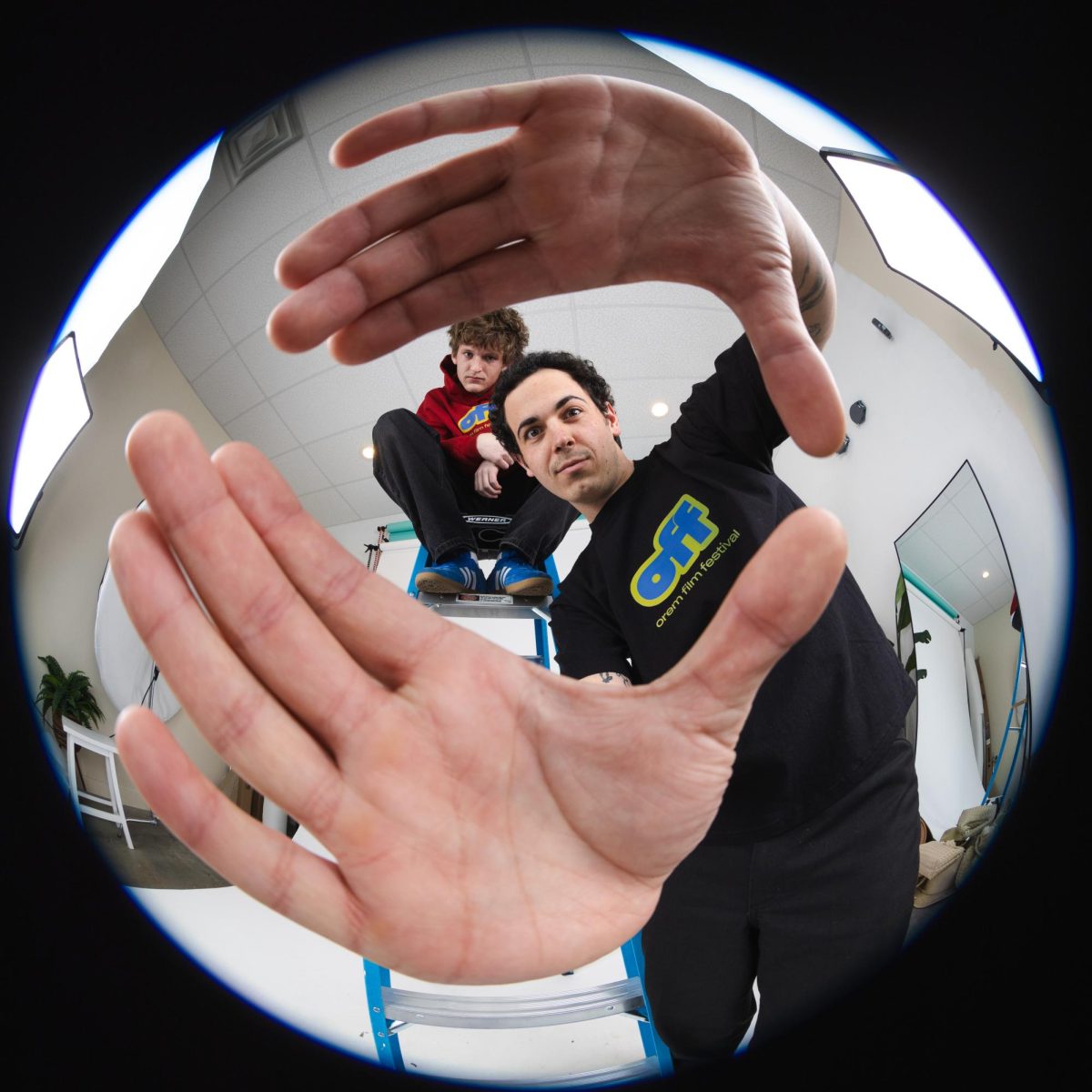
When the cuckoo clock strikes midnight on Oct. 31, chills and thrills will scour the air, and people dressed up as witches, skeletons, goblins and President Donald Trump will zombie-walk from door-to-door collecting candy from strangers.
Thus, this month’s ethics slam, hosted by WSU’s Richard Richards Institute for Ethics, spooked up a storm of topics dealing with controversial Halloween costumes — what costumes should people wear, how they should wear them, if they should wear them and what not to wear.
Challenging the term “if the shoe fits, wear it” when it’s modernized in today’s climate of political and equal rights discourse, it’s now being called out when a white person dresses up as something or someone that doesn’t match their background, race or norms.
A common trend among parents is to dress their children up as political personnel Trump and Hillary Clinton. Richard Greene, a WSU philosophy professor, asked if anyone was of the opinion that harm can come from someone who is dressed up in a costume even though they’re not aware of it.

Referring to children and pets, Greene said, “If we make fun of a person who’s not here, it seems like we did something bad, right? But if I dress my dog up as a cat, it seems humiliating for them.”
An attendee said a friend of theirs, at the age of seven, was dressed as Monica Lewinsky for Halloween. Lewinsky was famous for her American political sex scandal with former President Bill Clinton in 1996.
Also referring to children and pets, Rachel Robison-Greene, professor of philosophy at Utah State University, said, “We can contrast that costume with dressing up a pet in a costume. Neither the child nor the pet is capable of understanding what they’re dressed up as, but is there a difference between the two?”
Greene and Robison-Greene shifted their conversation to the issues related to objectivity and sexualization of Halloween costumes.

“There are two observations I have of Halloween costumes,” Robison-Greene said. “The year I got my Ph.D., I saw sexy Ph.D. candidates, super short dressed and all, which seemed problematic.”
Robison-Greene said she never considered dressing up in a sexy Halloween costume until this year.
“This year I’ve considered being a sexy plant-based meat burger. Is it problematic, neutral or does it depend on what kind of thing?” Robison-Greene said. “Is it worse to be a sexy nun, that you buy in any store, or sexy pop-tart?”
In addition to the sexualization of Halloween costumes, Greene and Robison-Greene discussed topics related to someone who dresses up as a famous person, cultural application and asking for permission.
With two weeks left until the horrors of Halloween arise from the dead, just because the costume fits, it doesn’t mean that it should be worn.
The Richard Richards Institute of Ethics will continue their monthly ethics debate in November, after this year’s election day on Nov. 3, with a topic yet to be announced.



















